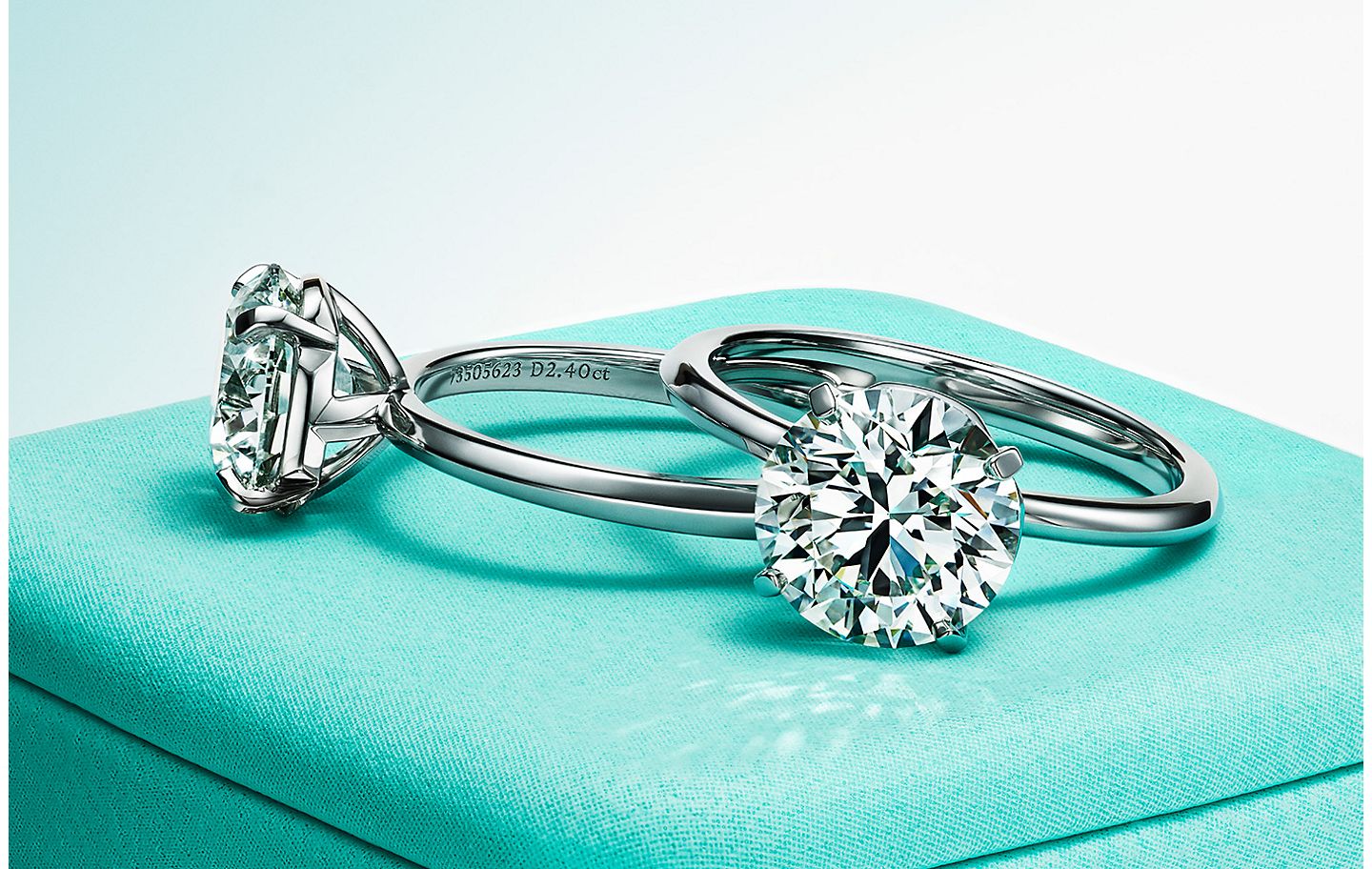When it comes to purchasing a diamond, certification is crucial. Two of the most prominent organizations in the field are the Gemological Institute of America (GIA) and the International Gemological Institute (IGI). Understanding the distinctions between these two can significantly impact your buying decision. In this comprehensive guide, we will delve into every aspect of gia vs igi certifications to help you make an informed choice.
Understanding Diamond Certification
Diamond certification is an essential process that involves evaluating and documenting a diamond’s characteristics. These characteristics include the 4 Cs: Carat weight, Cut, Color, and Clarity. A certificate, also known as a grading report, provides an unbiased assessment of a diamond’s quality.
The Role of the GIA in Diamond Certification
History and Reputation
The Gemological Institute of America (GIA) was founded in 1931 and is widely regarded as the most respected diamond grading laboratory. Known for its strict grading standards and consistency, the GIA has set the benchmark for diamond certification.
Grading Standards
The GIA’s grading process is meticulous and thorough. Each diamond is examined by multiple gemologists to ensure accuracy. The institute’s grading reports are detailed, providing comprehensive information about the diamond’s 4 Cs. The GIA’s standards are considered the most stringent in the industry, ensuring that diamonds graded by the GIA are of high quality.
Certificate Features
A GIA certificate includes:
Laser inscription registry: A unique number inscribed on the diamond’s girdle for identification.
Security features: Holograms and microprint lines to prevent counterfeiting.
Comprehensive information: Detailed descriptions of the diamond’s characteristics and any fluorescence.
The Role of the IGI in Diamond Certification
History and Global Reach
The International Gemological Institute (IGI) was established in 1975 and has grown to become one of the lab created diamonds gemological institutions worldwide. The IGI is known for its international presence and accessible certification services.
Grading Standards
IGI’s grading standards are robust, though some industry experts believe they can be more lenient compared to the GIA. However, IGI certifications are still highly respected and widely accepted in the jewelry market. IGI also evaluates diamonds with the 4 Cs, providing detailed reports similar to those of the GIA.
Certificate Features
An IGI certificate includes:
Unique identification number: Laser inscribed on the diamond.
Security features: Advanced anti-counterfeiting technology.
Detailed grading information: Clear descriptions of the diamond’s attributes and a diagram of inclusions.
Comparing GIA and IGI Certifications
Accuracy and Consistency
One of the primary differences between GIA and IGI is the perceived strictness of their grading standards. The GIA is often seen as the gold standard due to its rigorous grading process, which can result in stricter assessments. In contrast, IGI’s grading might be slightly more lenient, which can sometimes result in higher grades for similar diamonds.
Market Perception
In the diamond market, GIA-certified diamonds are typically considered more valuable because of the institute’s stringent grading criteria. This can translate to higher prices for GIA-graded diamonds compared to those graded by IGI. However, IGI’s certification is highly respected and can offer better value for buyers seeking quality without the premium price tag associated with GIA certification.
International Reach and Availability
While the GIA is renowned globally, the IGI has a broader international presence with more laboratories worldwide. This makes IGI certification more accessible, particularly in regions where GIA labs are not available. IGI’s widespread network ensures that diamonds can be certified quickly and efficiently in various locations.
Which Certification Should You Choose?
For the Best Assurance of Quality: GIA
If the utmost assurance of quality is your priority, then GIA certification is the preferred choice. The GIA’s rigorous standards and reputation for accuracy ensure that you are purchasing a diamond of certified quality. This is especially important for high-value diamonds, where precision in grading can significantly impact the investment.
For Value and Accessibility: IGI
If you are seeking a balance between quality and value, IGI certification offers an excellent option. IGI-certified diamonds are respected and recognized worldwide, providing reliable grading at a potentially lower cost. This can be advantageous if you are purchasing a diamond on a budget but still want assurance of quality.
Additional Considerations
Resale Value
Diamonds with GIA certification often have higher resale value due to the institute’s strict grading standards. If you anticipate selling your diamond in the future, a GIA certificate might provide better returns.
Insurance
For insurance purposes, having a diamond certified by either GIA or IGI is crucial. Both certifications are widely accepted by insurance companies, though GIA certificates might carry more weight due to the institute’s stringent grading reputation.
Consumer Confidence
Ultimately, the choice between GIA and IGI certification can also come down to personal confidence. GIA’s long-standing reputation might offer greater peace of mind for some buyers, while others might find IGI’s international presence and accessible services more appealing.
Conclusion
In the GIA vs. IGI debate, both institutions offer reliable and respected diamond certification services. The choice between them depends on your priorities: if stringent grading and higher resale value are paramount, GIA is the preferred option. If value, accessibility, and reliable quality are your focus, IGI certification provides an excellent alternative. By understanding the differences and benefits of each, you can make a well-informed decision that aligns with your needs and ensures the quality of your diamond investment.




